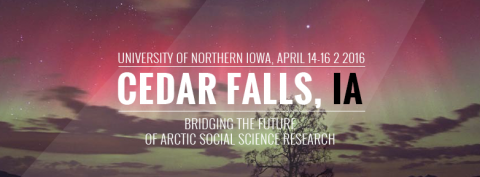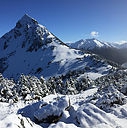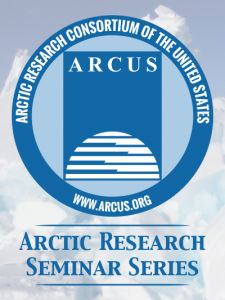Inclusion across the Nation of Communities of Learners of Underrepresented Discoverers in Engineering and Science
Dear Colleagues:
I write to invite your participation and leadership in the NSF INCLUDES (Inclusion across the Nation of Communities of Learners of Underrepresented Discoverers in Engineering and Science) initiative.
NSF is releasing the first NSF INCLUDES solicitation, which aims to fund approximately 40 Design and Development Launch Pilots at ~$300,000 each. I encourage you to enlist partners (e.g., industry, foundations, states) who can help leverage and expand support beyond the Federal dollars.
More importantly, in FY 2017, all of these Pilot projects will be eligible to apply for full NSF INCLUDES Alliances, proposed in the President's FY 2017 Budget Request at a level of $12.5 million each for five years.
Diversity--of thought, perspective, and experience--is essential to achieving excellence in 21st century science and engineering research and education. And, there is a business case for diversity. A recent McKinsey & Company study found that companies were 15% more likely to gain financial returns above their national industry median if they were in the top quartile of gender diversity; the probability climbed to 35% for companies in the top quartile for racial/ethnic diversity.
NSF INCLUDES is a comprehensive national initiative to enhance U.S. leadership by seeking and developing science, technology, engineering, and mathematics (STEM) talent from all sectors and groups in our society through access and engagement. It aims to improve the preparation, increase the participation, and ensure the contributions of individuals from groups that traditionally have been underserved and/or underrepresented in the STEM enterprise. The U.S. science and engineering workforce can thrive if women, blacks, Hispanics, and people with disabilities are represented in percentages comparable to their representation in the U.S. population. According to the National Center for Science and Engineering Statistics, we have a long way to go to reach that goal. We can achieve national STEM diversity and its benefits to our Nation if we commit to national STEM inclusion.
Many people, projects and organizations already have achieved significant successes toward greater STEM inclusion. Yet, according to a National Academies report, many larger challenges still remain: under-preparation and lack of opportunity for members of all demographic groups to become "STEM-capable"; under-resourcing as seen in growing disparities of access to quality learning and technology; and under-production of STEM graduates from the above-mentioned sectors.
The goal of NSF INCLUDES is to achieve significant impact at the national scale within the next ten years in transforming STEM so that it is fully and widely inclusive. That will require strong partnerships and collaborations among many organizations and people in the overall STEM talent development eco-system. You and your organization can play a large role in this initiative.
Collaborative alliances, spanning education levels, public and private sectors, and including new partners, will need to be developed, expanded, organized and built by leveraging state-of-the-art knowledge on scaling of social innovations. For example, "Collective Impact" approaches that incorporate key success determinants such as common agendas, shared measurements, mutually reinforcing activities, continuous communications, and backbone support organizations have the potential to yield large-scale progress towards NSF INCLUDES goals. The
latest knowledge from the science of broadening participation provides a strong foundation, and novel systems approaches and designs for achieving scale will be critical. I invite you to read the growing literature on the positive impacts of diversity in teams, and the subtle, but pervasive, biases that can diminish our collective action.
As university and college presidents and chancellors, and heads of organizations funded by the National Science Foundation, I urge you to take a direct and personal role in helping to build these collaborative alliances--with ambitious goals for STEM inclusionat a national scale. There is rich variation across the Nation in terms of local resources, talent and expertise as well as in the specific roadblocks and challenges you may face. We leave the specific nature of each alliance and the ambitious goals it will aim to achieve to you to define. NSF's goal is to achieve impact at scale on STEM inclusion. We need your leadership if we are to succeed.
I invite you to become a leader in the NSF INCLUDES initiative. To learn more about this exciting program, go to
http://www.nsf.gov/publications/pub_summ.jsp?ods_key=nsf16544
Sincerely,
France A. Cordova
Director



